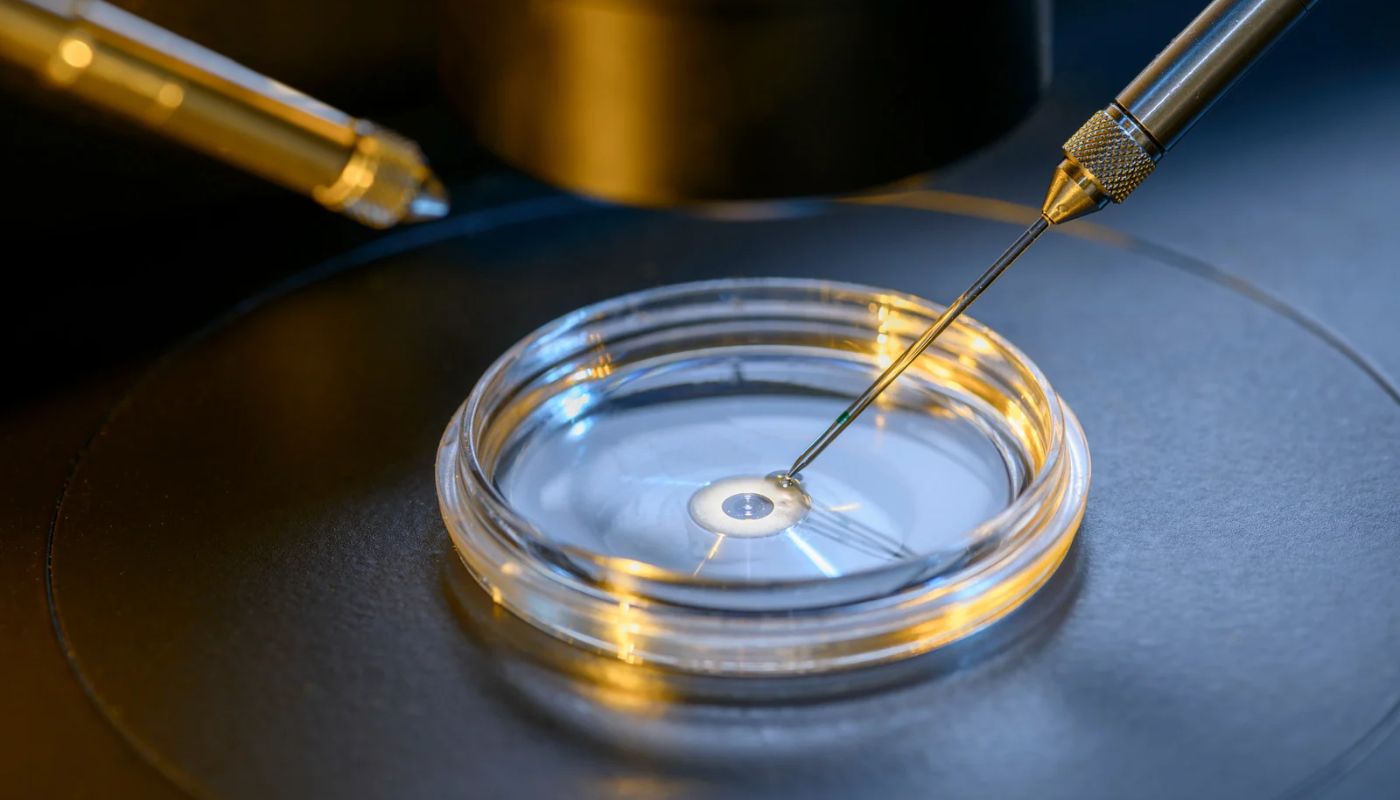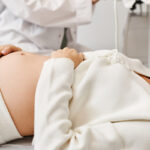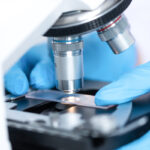The 10 Most Frequently Asked Questions About IVF Treatment

The 10 Most Frequently Asked Questions About IVF Treatment

- June 22, 2016
- 2:01 pm
- Doç. Dr. Serkan ORAL
İçindekiler
Toggle1- How many times can you try IVF treatment?
There is no medical limitation on the number of IVF treatment attempts. However, experts do not recommend more than 6 attempts in order not to negatively affect the couple financially and emotionally. If there is a failure in the first three attempts, then there is “repeated IVF failure” and treatment methods should be developed. Then a new treatment can be started. In this context, what couples need to know is that the chance of success in IVF treatment will not increase effectively after the first 3 treatments.
2- Does age affect the chances of getting pregnant?
The age of the mother is one of the most important factors affecting the success of IVF treatment. The chance of getting pregnant, both naturally and through IVF treatment, decreases after the age of 35. The chance of success in IVF treatment decreases as age increases.
3- Is the number of embryos transferred a factor in determining the chance of pregnancy?
The higher the number of embryos transferred in IVF treatment, the higher the chance of success. However, as the number of embryos transferred increases, the risk of multiple pregnancy also increases. In this case, risky situations arise for both the babies and the mother. The number of embryos to be transferred has been determined as only 2 for women under the age of 35 and who have had their first two IVF attempts, according to the laws.
4- Is miscarriage more common in IVF?
The risk of miscarriage in IVF treatment is higher than in natural pregnancies. However, the reason for this situation is not the IVF treatment stages and methods applied. The woman’s age, the cause of infertility, whether the uterus is suitable for pregnancy, and whether the embryo is of good quality can increase the risk of miscarriage.
5- Is vaginal bleeding at the beginning of IVF pregnancies normal?
Vaginal bleeding is not considered normal in natural pregnancies and IVF pregnancies. In such cases, it would be best to consult a specialist without wasting time. However, spotting in the form of bleeding can be seen at the beginning of IVF pregnancies. This may not always indicate a bad outcome. For this reason, it is very important to get an expert opinion.
6- What are the chances of pregnancy in IVF with frozen embryos?
In IVF treatments, there may be quality embryos left after embryo transfer. Freezing and storing these embryos prevents the mother from participating in all IVF stages in case of a possible IVF failure or sibling request. In various cases, the mother may experience problems such as OHSS development. In this case, the embryos may need to be frozen because IVF treatment cannot be continued. The chance of pregnancy after thawing frozen embryos is the same as in IVF treatment. However, the viability rate of frozen embryos can reach 90%.
7- Should any diet be followed before IVF?
If the mother-to-be is overweight or underweight, following a healthy diet program to reach the ideal weight can increase the chances of treatment. A healthy body will also ensure that the reproductive organs work regularly. Supporting health with a diet will positively affect the mother-to-be both psychologically and physically.
8- Is it necessary to lose weight before IVF treatment?
It is recommended that overweight mothers lose weight before treatment. In this way, if pregnancy occurs, the risks will not increase and a healthy birth and pregnancy process will be experienced. Overweight mothers may need to be kept under more intensive medical treatment during IVF treatment. In this case, the risk of OHSS may increase. For this reason, losing excess weight with a balanced and regular program will provide healthier results for the treatment.
9- Can sexual life continue after embryo transfer?
After embryo transfer, if the doctor does not see any problems, sexual intercourse can be continued. However, the fact that the ovaries are still very large after the egg collection procedure, vaginal medications, and in some cases, vaginal bleeding in the form of spotting can be stress factors for the expectant mother during a normal sexual intercourse period.
10- Does heavy lifting affect pregnancy retention?
Expectant mothers may tend to confine themselves to bed after embryo transfer. They may think that moving or walking will affect embryo implantation. However, after the transfer, the expectant mother can walk and do physical activities that will not tire her too much. These actions do not prevent the embryo from implanting. On the contrary, constantly lying in bed can stress the expectant mother and in this case, success rates may decrease.





